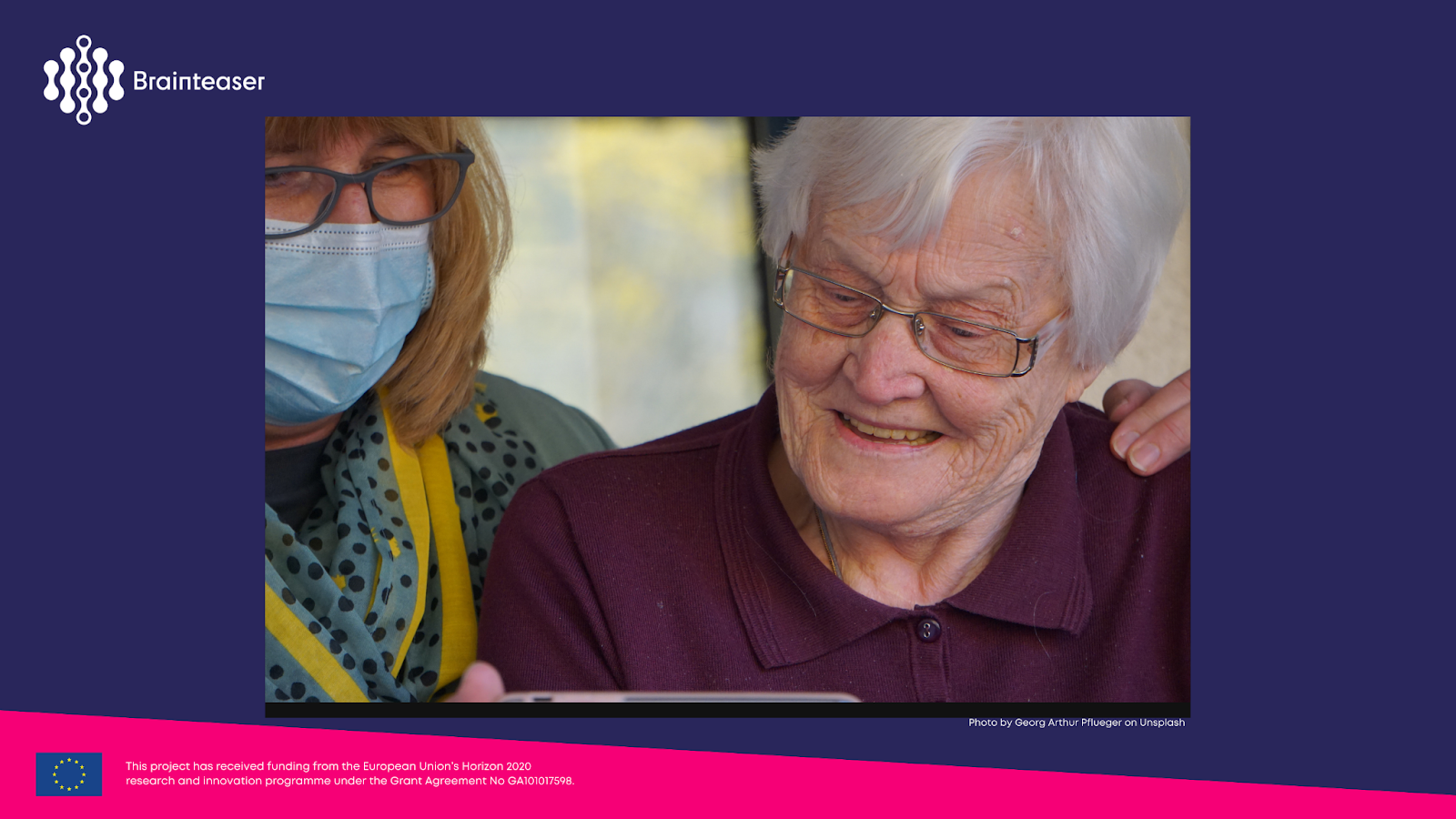On 6 October 2022, we recognise European Carers Day, a campaign led by Eurocarers. It aims to coordinate and foster national efforts to raise awareness of carers’ issues under a pan-European structure. Informal care represents the most significant form of patient care across Europe — approximately 80% of care across the EU is provided by spouses, relatives, and friends, often unpaid.
Today’s article highlights how future healthcare systems must not forget about carers in a time of digitalisation if we want stronger patient engagement and person-centred approaches.
Paving The Pay for Person-centred Healthcare Systems
The COVID-19 health crisis has challenged the assumption about how healthcare should be delivered, underpinning that informal carers will and should play a critical role. The pandemic has broken down barriers to adopting crucial changes, which until then had not been fully embraced by healthcare systems. Indeed, we have experienced accelerated digitalisation and innovation and increased use of telemedicine and self-monitoring applications. This sudden digital shift has resulted in a broader trend in which health solutions must become more patient-centred, flexible, and accessible.
Yet, simultaneously, the rapid and massive integration of telemedicine has raised concerns about the doctor-patient relationship and the importance of personal contact in healthcare delivery, including the benefits of direct human interactions.
Telemedicine should not come at the cost of patient safety or the quality of care delivered. It should be based on patients’ choices and needs rather than organisation-driven.

Do you want to learn more about how the lives of people living with multiple sclerosis (MS) and their families have been affected by COVID-19? Read the European Brain Council’s policy report “RETHINKING MS in times of COVID-19″, shedding light on the need to rethink MS and MS care in terms of coordination, integration and prioritisation to ensure optimal care for people living with MS in Europe.
Possibly Higher Patient Engagement When Health Systems Are More Person-centred
The personalised care model seeks to deliver whole-population approaches to support people of all ages and their carers to manage their physical and mental health and well-being. It also aims to build community resilience and help these individuals make informed decisions and choices when a state of health changes. The importance of such matters is evident. Engaged patients–those actively involved in managing their disease–can significantly improve health outcomes or help build digital health solutions more suited to their needs.
For example, the European-funded project BRAINTEASER has currently been enlisting patients in pilot sites to support the development of a solution for those with MS and amyotrophic lateral sclerosis (ALS).
Direct feedback by patients provides insights about the app’s performance and where technical developers must improve to ensure the app will indeed be effective. Another instance of patient engagement and its contributions to healthcare solutions includes the European Brain Research Area (EBRA) project. Patient representatives join working groups and participate in the General Assembly regularly to add further to the field. Indeed, involving patients as co-creators in the research process has helped make research outcomes and end points more meaningful to patients and caregivers.




